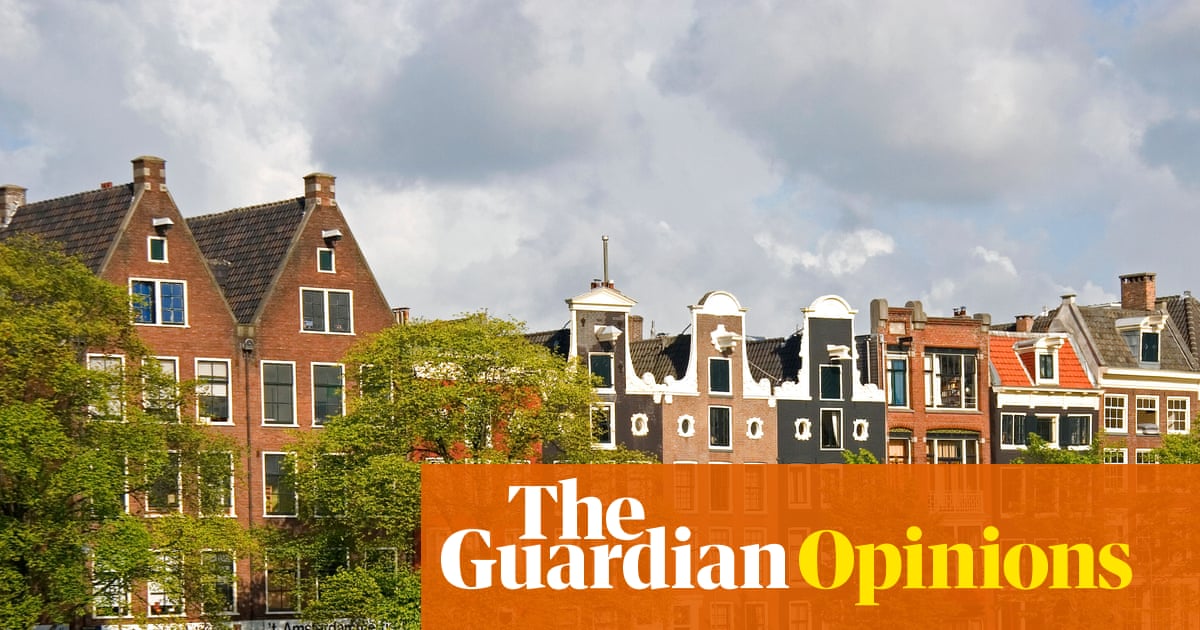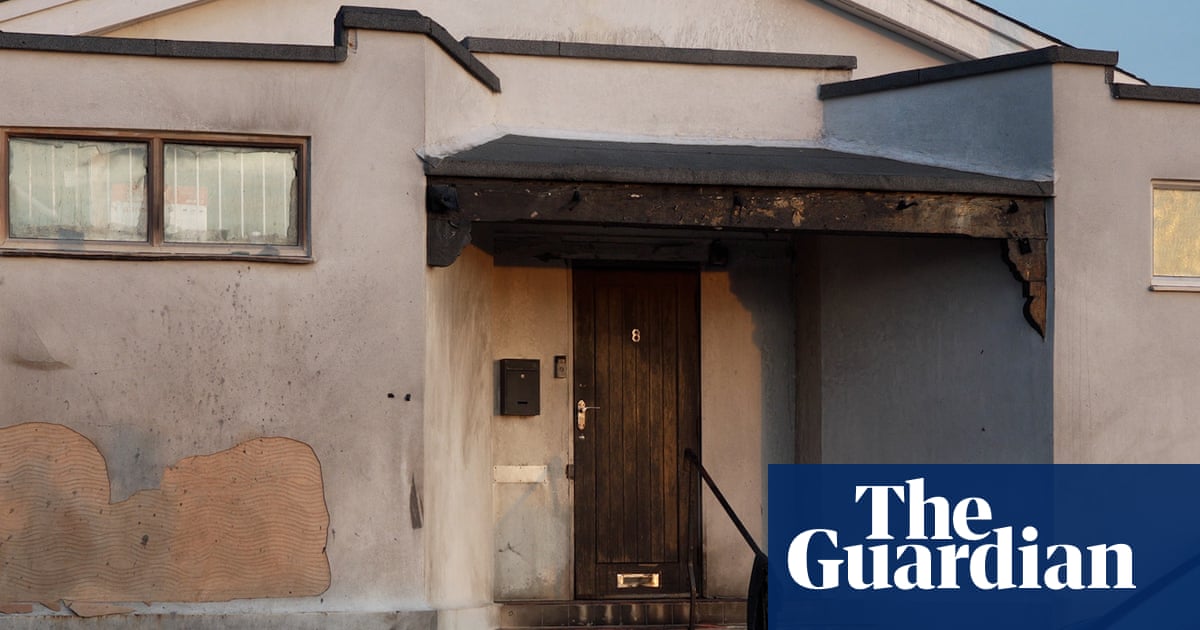It is a year since Sir Keir Starmer said that “crumbling” universities were in a worse state than Labour realised before the election. But having failed to come up with a meaningful plan to fix them, ministers now risk further harm. Changes to visa rules and a new levy on international student fees threaten to undermine the sector – with alarming knock-on effects in places where universities play an especially important economic and cultural role.
This is the main theme of a new report from the Centre for Cities. It points to towns and cities, mostly outside the south-east and including Plymouth and Hull, where universities have an outsize role in economic activity. In places such as Exeter and Dundee (where the university recently received a £40m bailout from the Scottish government), international student fees make universities the biggest exporters of services. The message to ministers is to pay attention to such connections. Economic growth and higher education policies need to be joined up.
The mess of university finances long predates this government. It was New Labour’s decision to fund the expansion of places by introducing fees, and indebting the next generation. The Tories were in favour of market mechanisms and allowed the value of fees to stagnate. They lowered the income threshold from which loans must be repaid but declined to fill the gap on university balance sheets. The sector’s heavy reliance on international student fees was the result. These now add up to a quarter of all revenue – up from 5% 30 years ago.
There are problems with this funding model, among them the questionable ethics of students from poorer countries subsidising the education of young Britons. But Brexit, international competition and regulations designed to cut immigration (by preventing students from bringing family members), have all harmed UK universities’ ability to attract students. Now, the Home Office plans to contact 130,000 international students and warn them against overstaying, or lodging asylum claims that lack “merit” – in what it says is an attempt to crack down on abuses.
Objections to such measures go beyond their impact on universities. Attempts to make the UK a less welcoming destination are part of an alarming rightward lurch on immigration by the government. But given that the UK has encouraged its higher education sector to maximise exports currently estimated to be worth £23bn by drawing in foreign students, the impact of this reversal on them needs to be addressed.
For universities it’s made worse because domestic student numbers peaked in 2021-22, and employer national insurance increases will more than cancel out the extra revenue from a small rise in tuition fees. The proposed levy on international student fees will further reduce income unless fees rise – although ministers say receipts will be reinvested.
The Centre for Cities’ work is valuable because it reminds us that universities are not ivory towers. As well as being home to libraries and laboratories, they are civic hubs with myriad ties to the towns and cities in (or near) which they are based. The collapse of any one of them would have severe consequences beyond its formal boundaries. This is not to say that nothing needs to change. About lifelong learning, universities must develop new ideas. But it is difficult to build on crumbling foundations. It’s time ministers explain how, and when, they will mend them.
-
Do you have an opinion on the issues raised in this article? If you would like to submit a response of up to 300 words by email to be considered for publication in our letters section, please click here.

 1 month ago
42
1 month ago
42

















































